Event Budgeting 101: How to Plan Amazing Events Without Overspending
Event planners know that one of the biggest challenges in creating memorable experiences is managing the budget. Whether you’re organizing a corporate gala, a student festival, or a social gathering, striking the balance between creativity and cost is key. The good news is that with the right strategies, it’s entirely possible to host budget-friendly events without compromising quality.
Key Highlights
- Learn how to set a clear and realistic budget from the start
- Understand how to prioritize must-haves versus nice-to-haves
- Explore tips for negotiating with vendors and suppliers
- Discover creative ways to stretch resources without cutting corners
- Gain insights on how to track spending to avoid last-minute surprises
Why Event Budgeting Matters
Event budgeting is more than just balancing numbers on a spreadsheet. It’s about aligning financial resources with event goals and ensuring every dollar supports the attendee experience. A well-planned budget can help event planners:
- Reduce financial stress
- Make smarter decisions when unexpected costs arise
- Build stronger relationships with stakeholders who value transparency
- Deliver memorable events that feel polished without feeling excessive
Define Your Budget Early
Every successful event starts with a financial framework. Before booking a venue or contacting vendors, establish a budget based on:
- Event Goals: Is the focus on brand awareness, fundraising, networking, or entertainment?
- Audience Size: A 100-person campus event will have different needs compared to a 1,000-person conference.
- Revenue Streams: Consider ticket sales, sponsorships, or institutional funding.
Being proactive gives you more control over where and how the money is spent, allowing you to prioritize wisely.
Prioritize Must-Haves vs. Nice-to-Haves
Event planners often face tough decisions when it comes to allocating funds. To avoid overspending, create two categories:
- Must-Haves: Venue, catering, audiovisual support, permits, staffing
- Nice-to-Haves: Specialty décor, premium giveaways, high-end entertainment
For example, a student-led music festival may prioritize sound quality over elaborate decorations, while a corporate reception may focus on catering and ambiance. This approach ensures resources go to the areas that matter most to attendees.
Negotiate with Vendors and Suppliers By Packaging Services
Budget-friendly events are often the result of strong vendor relationships. Event planners can save significantly by:
- Requesting Package Deals: Bundling services like AV, decor, and furniture rentals can lower costs. Using the same vendor for various services can also save you on additional delivery fees, etc.
- Leveraging Partnerships: Colleges can often collaborate with local businesses, while corporate planners can use repeat business as bargaining power.
Don’t hesitate to ask vendors to tailor packages that fit your specific budget goals.
Get Creative with Cost-Saving Strategies
Innovation doesn’t always require extra money. Event planners can create engaging, budget-friendly events with these tactics:
- Hybrid or Blended Models: Reduce venue and catering costs by offering a mix of in-person and virtual attendance.
- DIY Decor: Student groups and corporate teams alike can contribute to décor efforts to cut professional fees.
- Sponsorship Integration: Secure sponsors to cover portions of the budget in exchange for visibility.
- Smart Tech Choices: Use cost-effective event management tools to streamline communication and registration.
The key is to find creative solutions that add value without driving up expenses.
Track and Adjust Spending
One of the most common pitfalls in event budgeting is losing track of expenses mid-process. To stay on course:
- Use Budgeting Software: Tools designed for event planners make it easier to monitor spending in real-time.
- Maintain a Contingency Fund: Set aside 5–10% of your budget for unexpected costs.
- Review After the Event: Post-event budget analysis helps identify where funds were well spent and where adjustments are needed for future planning.
Keeping accurate records ensures accountability and provides valuable insights for continuous improvement.
Bringing It All Together
Event budgeting isn’t about limiting creativity—it’s about channeling resources wisely to maximize impact. By setting a realistic budget, prioritizing essentials, negotiating effectively, embracing creative cost-saving ideas, and closely tracking spending, event planners can design experiences that feel both impressive and financially sustainable.










